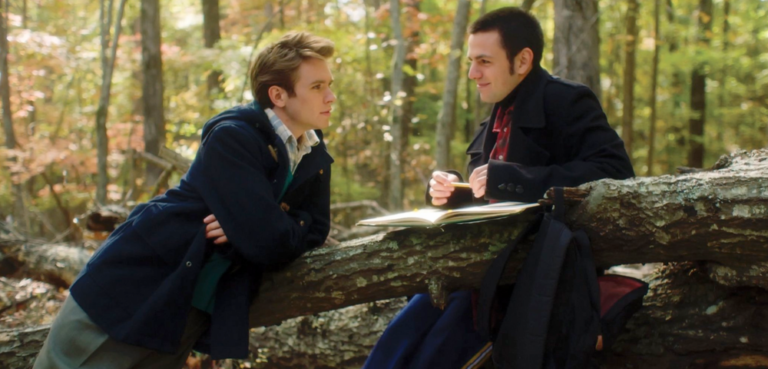
Does drag still have a misogyny problem?
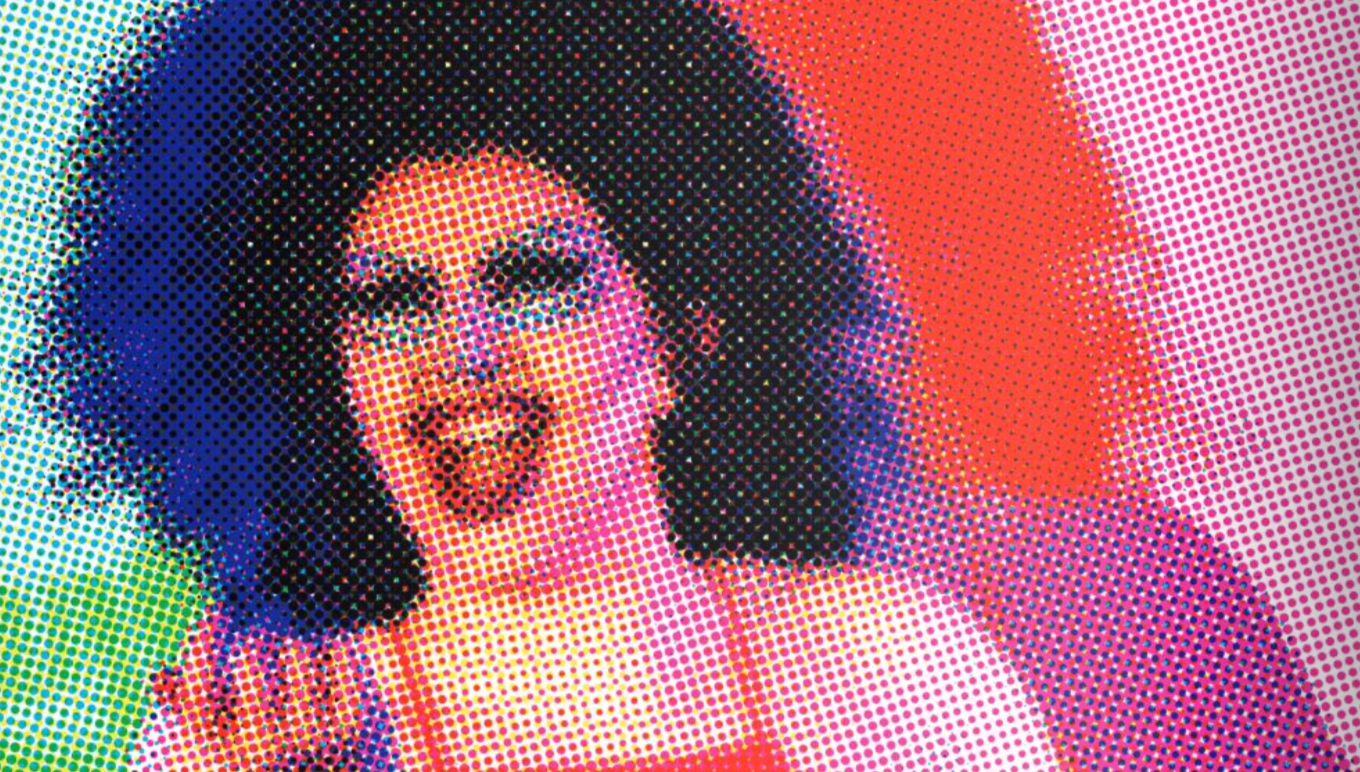
It’s an age-old feminist debate: is drag misogynistic? The answer is yes, it can be, if queens aren’t being respectful or supportive of the women they’re trying to emulate. Dean Arcuri reports.
***
From Shakespearean plays to underground nightclubs, the art form of drag has a long and colourful history.
As it continues to evolve and challenge narratives around gender expression and cultural differences today, it has forced us to face some hard truths about female impersonators as it steps further into mainstream culture.
All around the country there are competitions to discover the next up and coming drag star, which create new opportunities in cis gay spaces for predominantly cis gay men to put on a wig.
But are these baby queens actually celebrating an inherent bias towards women – or making a mockery of the glass ceiling women still have to fight to push through – without even realising it?
Cabaret diva Miz Ima Starr says problematic portrayals of women through drag are omnipresent.
“When I started doing drag 25 years ago, there wasn’t anyone I knew doing drag that wasn’t misogynistic, and it’s something we continue to see today” she says.
“I don’t think anyone’s setting out to be terrible to women through their performance. They’re just being thoughtless, and not being mindful that their performance isn’t actually about gender.
“Just because you’re in a dress doesn’t mean you’re being supportive of women in your drag… if you are trying to be a stylised woman and do it disrespectfully it is basically akin to blackface as far as I’m concerned.
“If it is fragility that you are trying to portray, then there is a way of doing that that isn’t insulting.”
Starr attributes her hardline perspective to being brought up by a feminist and surrounded by strong women, which not only gave her persona a strong foundation, but allowed her to honestly explore who she was as well.
“In my late teens I thought I was a trans person and lived as a woman,” she says.
“Maybe because of that I have more of an insight into what an insulting or bad image of women by a drag queen can mean to someone.
“It’s something you really need to be conscious of. Remember how it felt when the straight boys in school would play act being a gay man – that is how I know a lot of women feel experiencing drag.”
“Many gay men doing drag think it’s a commentary on being a gay,” she adds.
“It’s not. If that’s what you want then simply perform as yourself. When you perform as a drag queen to some extent you are representing women.
“If you aren’t mindful of that and aren’t saying something about women, then why are you doing it in the first place?”
When one’s drag journey is founded on watching television programs or creating soft and fragile looks for Instagram, it can deliver a misguided narrative when brought into the real world.
But doesn’t everyone have to start somewhere? We all need room to grow.
So what tips the scales? Award-winning drag king Dani Boi says understanding feminism seems like a good place to start.
“Understanding feminism shouldn’t be too hard for someone wanting to use drag as a part of their performance,” they say.
“In thinking about that your art can push the envelope and challenge stereotypes, not just play into existing dynamics.
“For many, drag is about dressing up as the opposite gender, but it’s also a political force, and you need to be very aware of not creating harmful stereotypes.
“There’s a great opportunity to challenge presumptions of what a woman should be, however when your focus is concerned with being ‘fishy’ or what you see as being a successful representation of drag, it can be quite misogynistic.”
Identifying as non-binary not only helped Dani to create their drag persona but also to challenge their performance into activism as well as entertainment.
“Gender is a choice in my performance and gender expression,” they say.
“Being a drag king is about expressing a certain side of me, and many cis people may not realise that their drag and what they are creating is confronting in a way they don’t expect.”
So how can queens celebrate the art form without tearing women down?
Menorah Foxx, who identifies as a drag queen despite being a biological woman, says misogyny continues to appear in drag because there are many who still see femininity as negative.
“If we want that to change, we need to encourage people starting out in drag to be inspired by women,” she says.
“Women who can own their femininity and their sexuality and still be sexual in a way that is empowering.
“It’s about being present and owning who you are to the world, and the best way you can do this is to present a strong female character. Every step of your process should empower you, so that you can create a look that is feminine and girly, but still strong.”
When exploring drag, queens need to be aware of turning the perceived weaknesses that women are brandished with every day into their strengths, and create drag that celebrates, rather of stigmatises.
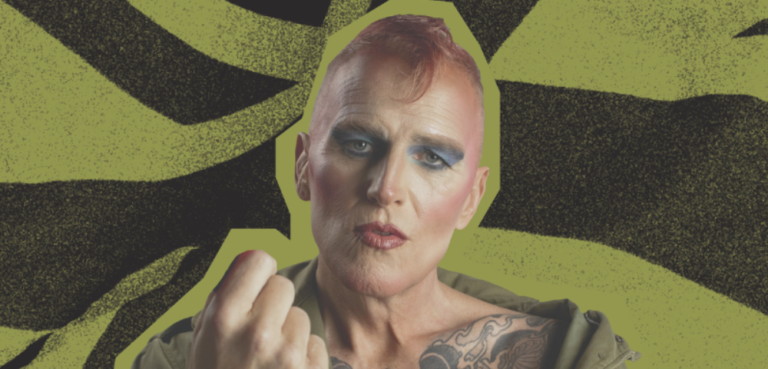




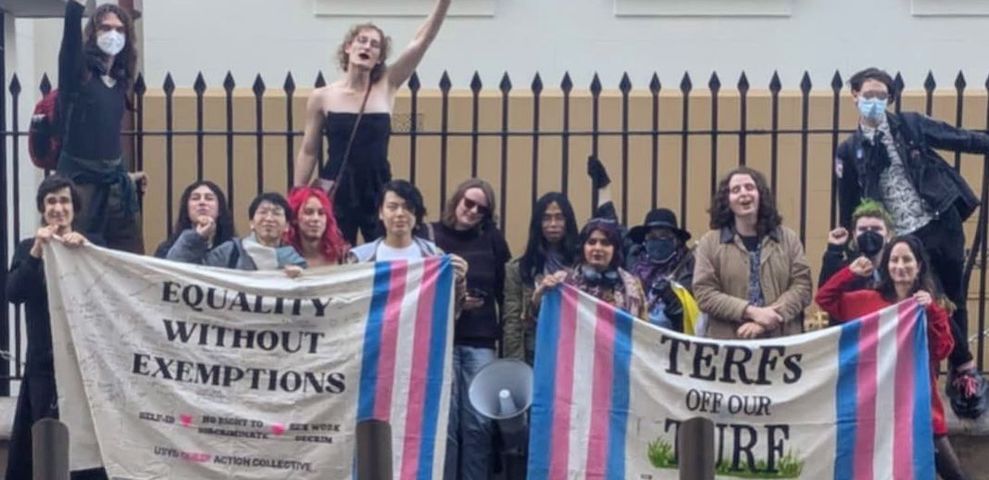



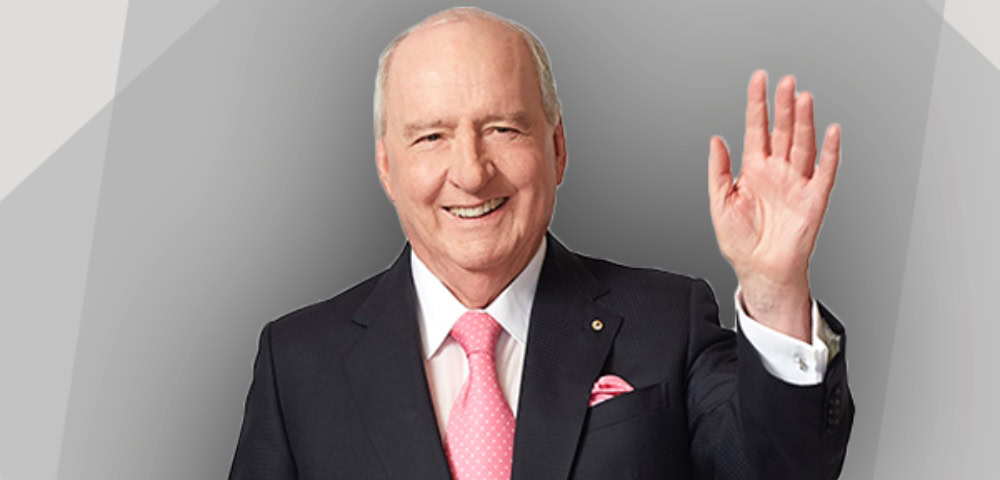
In this day and age when so many people are losing their senses of humour it doesn’t surprise me that articles like this appear trying to create a case for drag versus feminism and is it misogynistic? Given that so many drag queens are all so different how is it possible to paint the whole scene with a broad brush? Most drag I know of is satire in the gentlest, sympathetic way possible and in no way is it intended to be derogatory towards women. Sorry feminists out there – but as many of you are the most humourless bunch on the planet it doesn’t surprise me some of you – not all- will try and make the case that doesn’t exist.